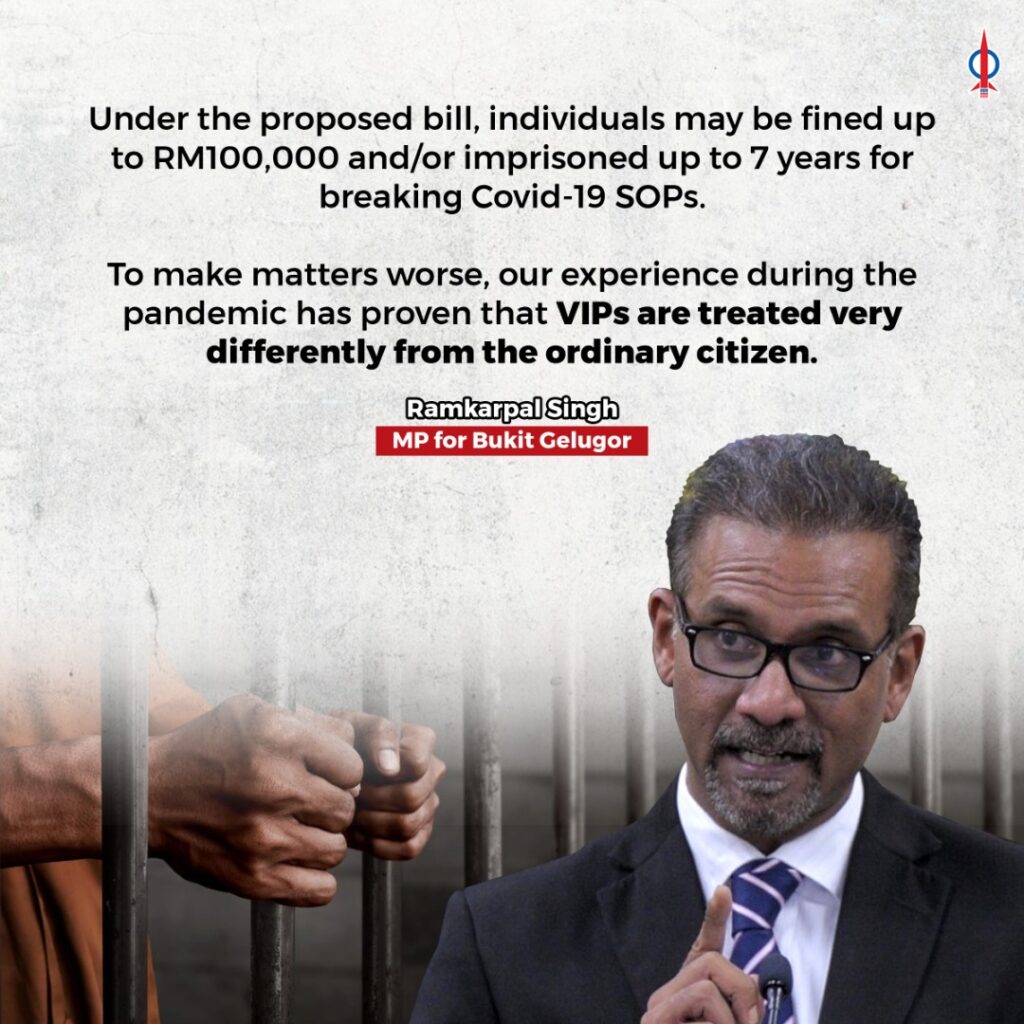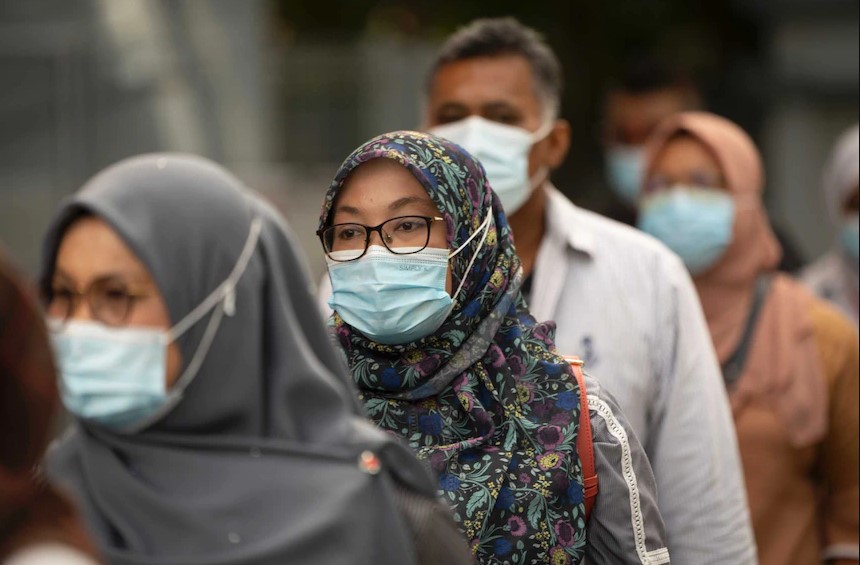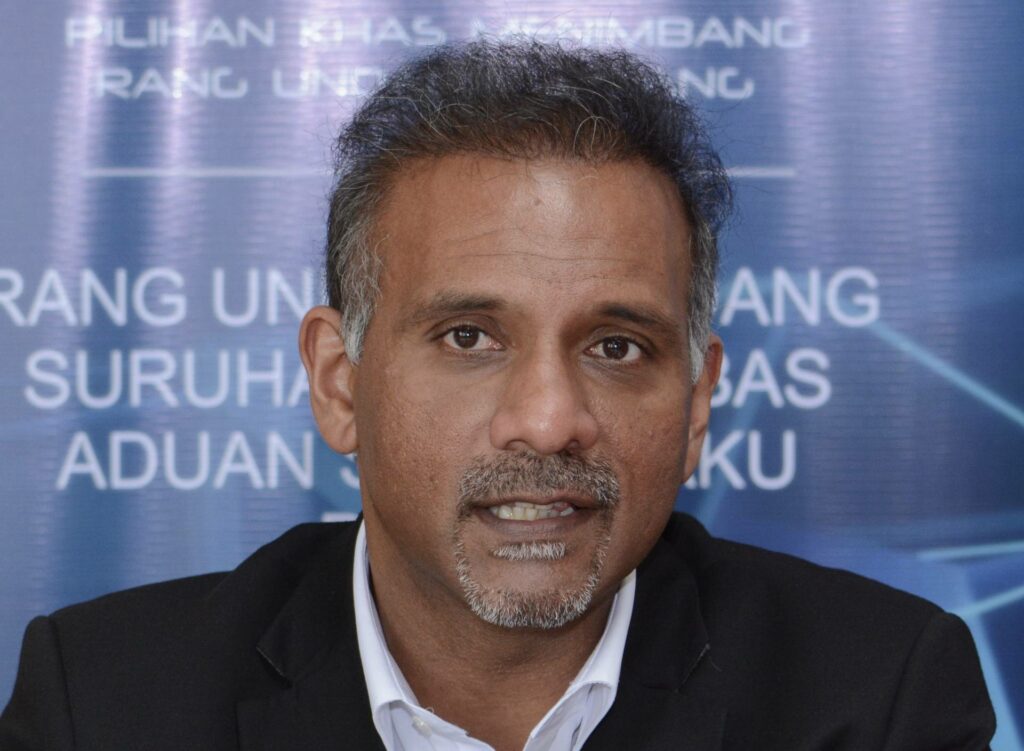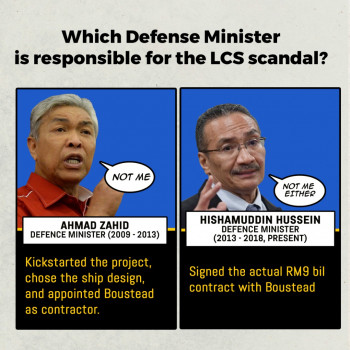
The proposed amendments to the Prevention and Control of Infectious Diseases Act, 1988 [Act 342] (‘the said Act’) have attracted much criticism, resulting in the extension of Parliament to 20.12.2021.
The reason for this extension as stated in the letter by the Parliament secretary was, “… bagi membolehkan (DR. 20/2021) Rang Undang-Undang Pencegahan dan Pengawalan Penyakit Berjangkit (Pindaan) 2021 dibahas dan diputuskan”.
Obviously, the resistance to the said amendments from various quarters was great to the extent that the authorities thought it fit to extend Parliament solely for the purpose of debating the Bill.
The extension of three days to debate the said amendments in Parliament does not overcome the genuine concerns that have arisen as a result of same.
I am of the view that a careful perusal of the said amendments reveal that they were not carefully thought through and worse still, are an attempt to bulldoze changes in the law to empower the authorities to punish those who flout Standard Operating Procedures (SOPs), which can easily be open to abuse.
There can be no doubt that the pandemic needs to be seriously contained and effective laws for the said purpose need to be enacted.
The provisions of the said Act were enhanced by the Emergency Ordinance (Prevention and Control of Infectious Diseases) (Amendment) 2021 which has since been annulled and it is the argument of proponents of the amendments that the said Act must be similarly enhanced now, particularly when the country moves on to the endemic phase of Covid.

The relevant parts of the Bill which have attracted controversy are as follows:
“Substitution of section 24
9. The principal Act is amended by substituting for section 24
the following section: “General penalty
24. Any person who commits an offence under this Act for which no penalty is expressly provided shall, on conviction—
(a) in the case of a person who is an individual, be liable to a fine not exceeding one hundred thousand ringgit or to imprisonment for a term not exceeding seven years or to both; or
(b) in the case of a body corporate, be liable to a fine not exceeding two million ringgit.”.
6 Bill Substitution of section 25
10. The principal Act is amended by substituting for section 25 the following section:
“Compounding of offences
25. The Director General or any authorized officer authorized for this purpose by the Director General in writing may, with the consent in writing of the Public Prosecutor, at any time before a charge is being instituted, compound any offence under this Act or any regulations made under this Act which has been prescribed by regulations as a compoundable offence by making a written offer to the person reasonably suspected of having committed the offence to compound the offence upon payment to the Director General—
(a) in the case of a person who is an individual, a sum of money not exceeding ten thousand ringgit; or
(b) in the case of a body corporate, a sum of money not exceeding one million ringgit.”.

A company can be liable to a fine of up to RM1 million.
The question that arises here is whether the said penalties above are proportionate to the wrongs committed.
If one is found to have contravened the SOPs by not wearing a face mask, for example, would he be fined RM20,000.00?
Khairy would say of course not, but our experience during the pandemic has shown that VIPs are treated differently from the ordinary man. A RM1,000.00 fine might be nothing to a Datuk Seri but can seriously impact the life of a hawker.

Most laws are designed this way.
For example, not all killings amount to murder. Some amount to varying degrees of manslaughter depending on the intention, or lack of, of the accused.
Similarly, not everyone found in possession of drugs are necessarily guilty of trafficking. Depending on the weight of the drugs, some are spared the death penalty.
In the examples cited above, the courts are bound to act according to offences committed according to their classes.
However, there is no such classification of offences in the amendments to the said Act.
In other words, A can be fined RM20,000.00 for not wearing a mask while B is fined RM2,000.00 for the same offence by a different court, despite being a first offender.
Furthermore, the existence of a compound of up to RM10,000.00 can invite bribes to escape prosecution by wrongdoers to errant authorised officers.
The penalties in the said amendments, as they stand, are bound to invite constitutional challenges in court in the near future, possibly on the grounds of them not being proportionate to the wrongs committed by an offender.
In light of the above, the government should defer the tabling of the Bill this Monday and instead, take the views of all stakeholders into account and revise the said Bill.
The government need not fear waiting until March to table the revised Bill as an urgent sitting can be held as early as January for the said purpose, as was done in this case when the session was extended to tomorrow.
Ramkarpal Singh
MP for Bukit Gelugor



